Want to be sure you’re buying the best dairy in town? Check out these tips!
1. Choose organic
Organic, whole milk dairy products have more healthy omega-3 fats than conventional dairy.[1] And when you’re buying organic, you can be sure no GMOs, antibiotics, or chemical pesticides were used in their production. On top of that, cows raised on organic farms have to pasture their cows for at least 120 days a year. That’s good for the animals as well as your health – providing the cows with more space to roam, and enhanced nutritional quality for eaters.
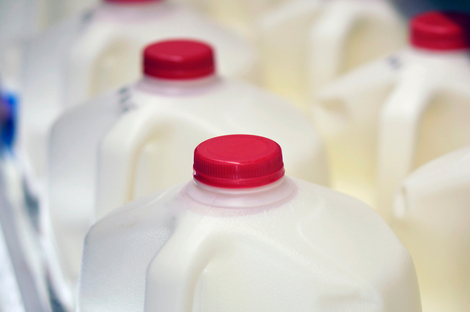
2. Choose rGBH free
Some conventional U.S. dairy farms inject their cows with recombinant Bovine Growth Hormone (rBGH or rBST), a genetically engineered hormone that increases milk production. If you do choose conventional dairy, look for a label that indicates the product comes from cows not treated with rBGH or rBST (check out our Guide to rBGH-Free Dairy Products for help).
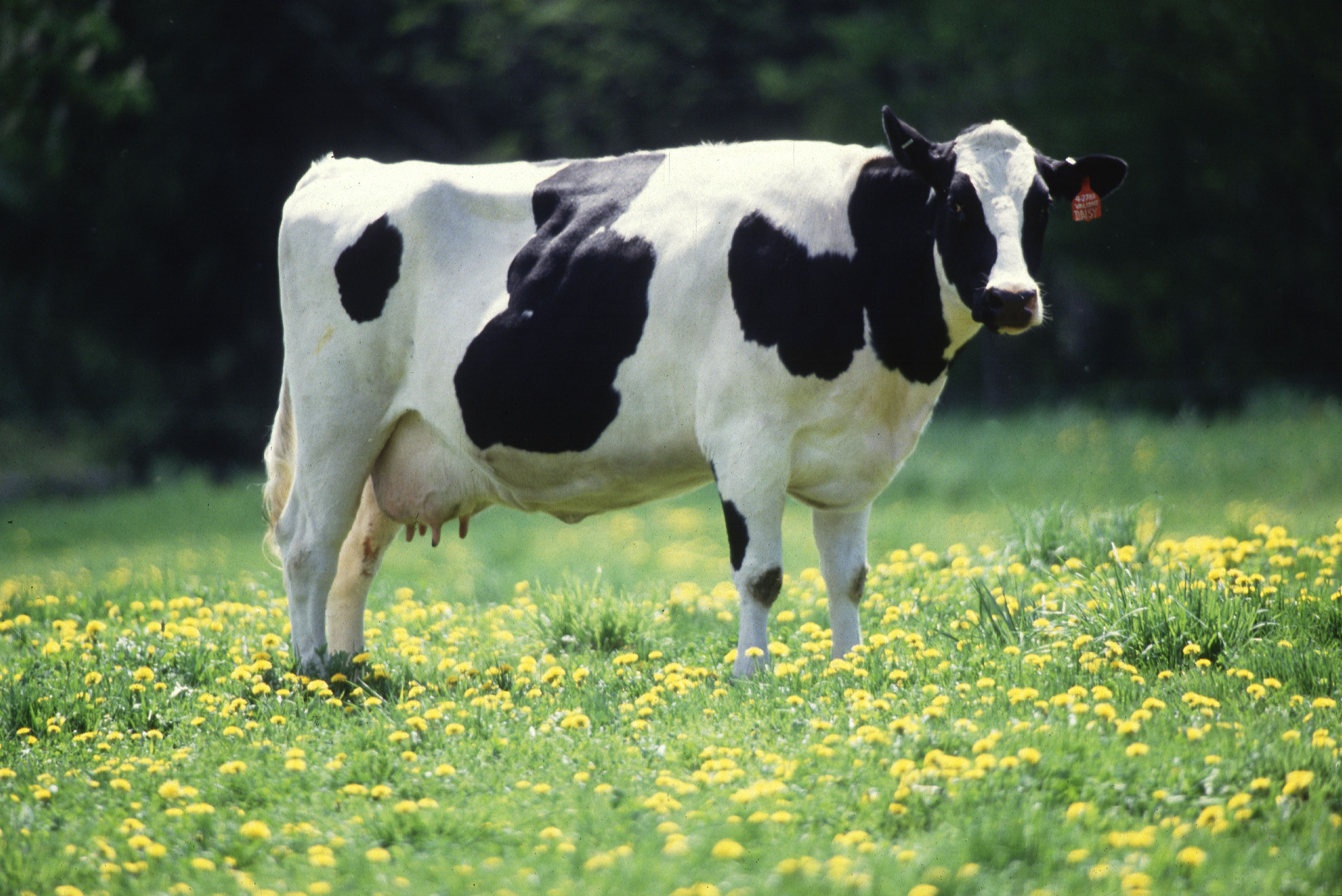
3. Choose grass-fed
Grass-fed dairy is healthier, more humane than animal factories (also known as Confined Animal Feeding Operations, or CAFOs) and generally more climate-friendly than grain-fed dairy.[2]
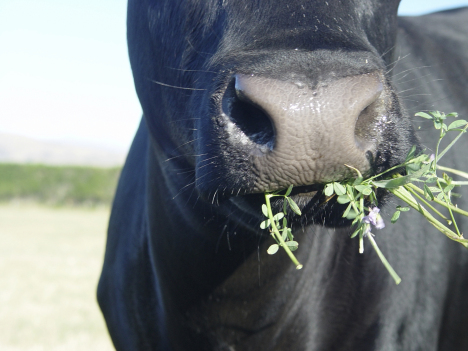
4. Choose small and medium family farms
It’s not always easy to tell the difference between factory farms and family farms. Despite whatever pretty picture is on the label, many of the dairy products on supermarket shelves come from industrial mega-dairies. A good rule of thumb is to look for farms you can actually visit, buy milk from brands that are cooperatively owned with farmers, and to shop at your local farmers’ market.
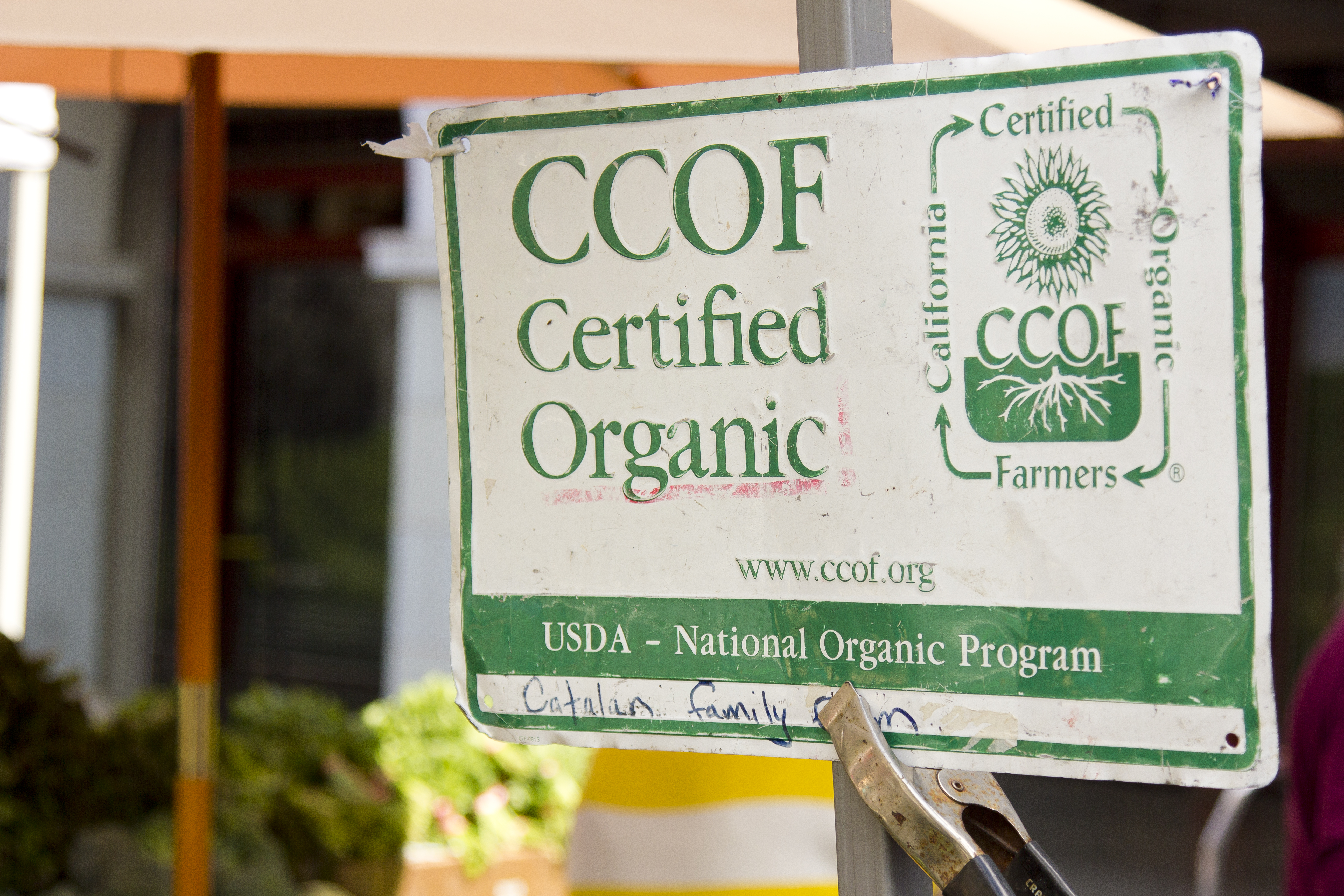
5. Choose local
Buying local is important for many reasons, not just how far a product travels from farm to consumer. By choosing dairy products from local family farms, you are supporting your local economy in addition to cutting down on “food miles.” And encouraging and adding value to the importance of farmland in your community.
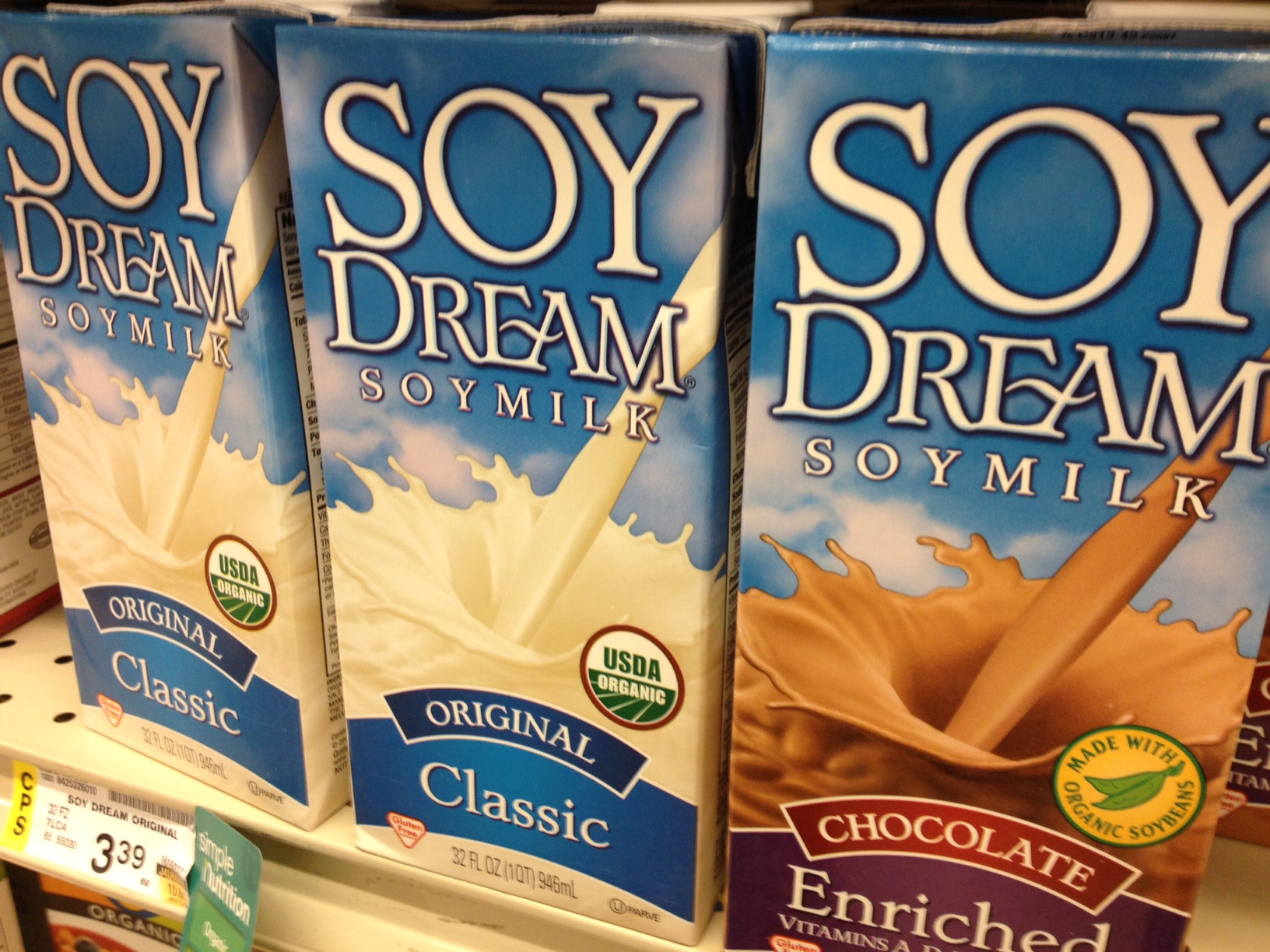
Don’t drink dairy? Alternative dairy products like soy, rice, and almond milk drinks are easy to find in most supermarkets. Be sure to read the label, though, because the vast majority of non-organic soy grown in the U.S. is genetically engineered (GE). Look for 100% Certified Organic soymilk, products made with certified organic soy or products with the Non-GMO Verified seal. Also, check the ingredients list for sweeteners that could be GE in flavored non-diary milks and creamers as well. Check out our True Food Shoppers’ Guide to Avoiding GE Foods for help.
Want to get Healthy Home tips in your inbox? Sign up for our monthly newsletter!
--------------------------------------
[1] http://www.centerforfoodsafety.org/issues/305/food-and-climate/4-eliminate-industrial-meat-and-dairy-consumption
[2] http://onlinelibrary.wiley.com/doi/10.1002/jsfa.5639/abstract








